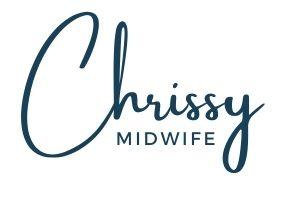Antenatal, Breastfeeding
Antenatal Expressing for Early Breastfeeding Success.
Antenatal Expressing for Early Breastfeeding Success.
Have you heard of antenatal expressing? It is the act of hand expressing colostrum in the last few weeks of pregnancy
You may ask yourself what are some potential reasons a woman would do this?
Have you heard of antenatal expressing? It is the act of hand expressing colostrum in the last few weeks of pregnancy.
You may ask yourself what are some potential reasons a woman would do this?
Antenatal expression may be encouraged for a woman:
– Who has diabetes: If a mother has type 1, type 2 or gestational diabetes, her baby is at risk of having low blood sugars after birth. In addition to early and frequent breastfeeding receiving colostrum can help to stabilise the baby’s blood sugar levels.
– Whose baby is diagnosed in the antenatal period with a condition that can affect their ability to feed well in the early days if life. These can include cleft lip and/or palate, neurological or cardiac conditions. Babies with these conditions may not be able to breastfeed well and so a mother will need to express her milk to be able to give it to her baby. Hand expressing antenatally, can mean that a mother has a storage of colostrum on hand.
– Who have a history of low milk supply in a previous pregnancy or breast hypoplasia (limited breast development), is another reason to consider hand expressing colostrum to build a supply of milk to reduce the need for supplementary feeding.
– Additional reasons for expression can include babies who are diagnosed with intrauterine growth restriction, who are born prematurely, whose mother has high blood pressure in pregnancy or taking a beta blocker to control their blood pressure or are expecting twins or triplets.
Many lactation professionals have reported that women who have done this during pregnancy seem to experience earlier and more abundant milk production after giving birth. You can express colostrum drops into a spoon and then use a small syringe to draw up the milk. The syringe can be frozen and given after baby is born, if supplementation is needed
Before expressing colostrum antenatally it is important to discuss it with your midwife or obstetrician.
Do not express if:
- you have a history of, or are currently experiencing, threatened or actual preterm labour
- you have a history of, or are currently experiencing, cervical incompetence
- you have had a suture put in your cervix to prevent preterm labour.
Generally, you may commence expressing at 36 weeks gestation.
Ready to Prepare for Your Breastfeeding Journey?
Book your personalised antenatal preparation for breastfeeding consultation today. Learn practical tips on antenatal expressing and gain the confidence you need for a smooth breastfeeding start. Secure your spot now and take control of your breastfeeding success!

